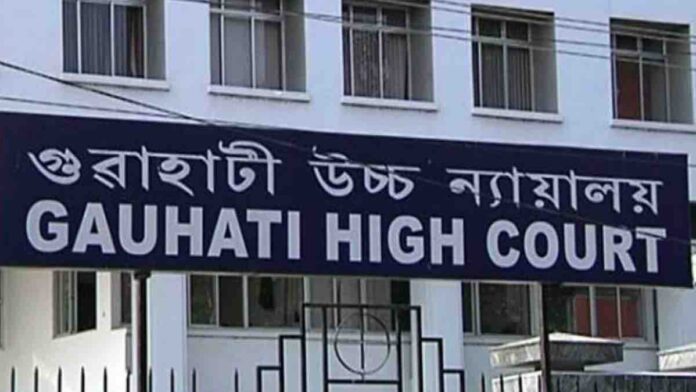The Gauhati High Court, in a significant ruling delivered by Justice Michael Zothankhuma on November 12, 2024, dismissed a writ petition challenging the rejection of a technical bid under the tender process for handloom and accessory supplies. The case, M/S Chayanika Handloom Products & Anr v. State of Assam & Ors [Case No. WP(C)/4258/2024], examined
To Read More Please Subscribe to VIP Membership for Unlimited Access to All the Articles, Download Available Copies of Judgments/Order, Acess to Central/State Bare Acts, Advertisement Free Content, Access to More than 4000 Legal Drafts( Readymade Editable Formats of Suits, Petitions, Writs, Legal Notices, Divorce Petitions, 138 Notices, Bail Applications etc.) in Hindi and English.




